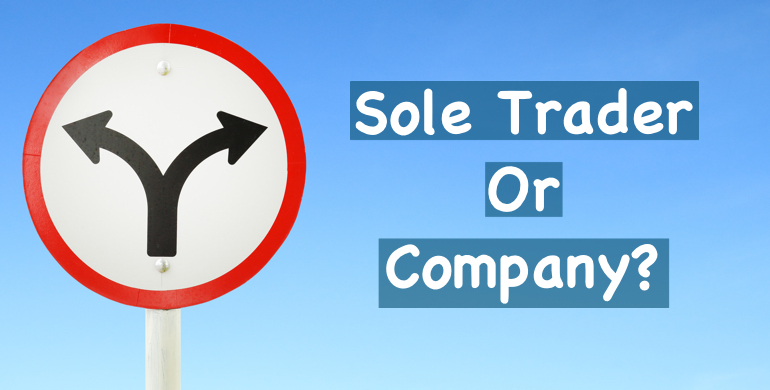When confronted with a new business opportunity frequently people just think about what name to use and where to bank all of the money they are going to make. The other common issue is how easily and cheaply can they get started. The simple and practical answer may not be adequate.
It is a simple matter to register a business name in your own personal name, get an ABN for it and start billing. Cost of a business name for 3 years is relatively cheap. The accounting for the business is simply reported in your own personal tax return from year to year. If the turnover is under $75k p.a. you can opt not to lodge a BAS and not claim back any GST credits. Upside with that approach is that you don’t need to charge GST to your clients either.
All sounds good until someone decides to sue you and your personal assets become exposed as that person pursues you through the Court. If you have no assets in your personal name then it might not bother you but if you have your own home, even if in partnership with the Bank, that asset becomes a target for ambulance chasing lawyer and the like.
To avoid such direct personal exposure many people spend $1k on setting up a company and $500 p.a. maintaining it. The company, not you, makes all of the representations and bills people. Any disgruntled people need to pursue the company, not you. If circumstances are such that it is cheaper to let one company die and start another you at least have that option, If you choose to trade in your own name that option tends to involve personal bankruptcy. Not a great alternative. Although some people would appear to think otherwise if you look at their track record and multiple bankruptcies over the course of a life time.
Complications with the company approach versus being a sole trader is that the company will generally need to pay out any profits to you as salary or the like for you to enjoy them. The company will become the employer and have to deduct PAYGW from salary earnings paid out and remit the PAYGW to the ATO. Superannuation will also be payable on the salary. The company should also take out a basic workers compensation insurance policy. The individual won’t actually pay any more tax than they would as a sole trader. The extra superannuation will also be appreciated one day. However it does reduce how much cash the owner can access directly from day to day efforts.
So in summary the “cheap” approach of registering a business name and being a sole trader is potentially a cheap option. That is, providing no one ever decides to take exception with the services offered. The other “cheap” option is to have no assets in the sole trader’s own name.
Of course someone can use a company and still have people attack them personally, however it is a lot harder for the attacker to be successful in doing so. By the way, not doing the wrong thing is no protection. There are plenty of people who when money comes into the equation will attempt to show they were wronged no matter how hard someone tried to help them.
If you really love a particular business name and want to have it available to you in future no matter what, you could consider registering the name in your own name. After which you enter into a license agreement with the company you set up and transfer the name to it to use whilstever it honours the terms of the licensing agreement. Those terms could be as simple as a five year license and paying a licence fee of at least $1,000 per month for the five years. You could then renew or discontinue the license agreement based on circumstances.
Being in business can be complicated and it would be wrong to suggest it is simply a matter of what name to use and who owns it. There are a range of potential financial, legal and other commercial issues that could be relevant. That’s why it is better to obtain specific advice for your own needs and only use commentary like the above as an aid to discussion.
(This is not advice to be used without a specific recommendation being provided based on the individual circumstances of the user.)


